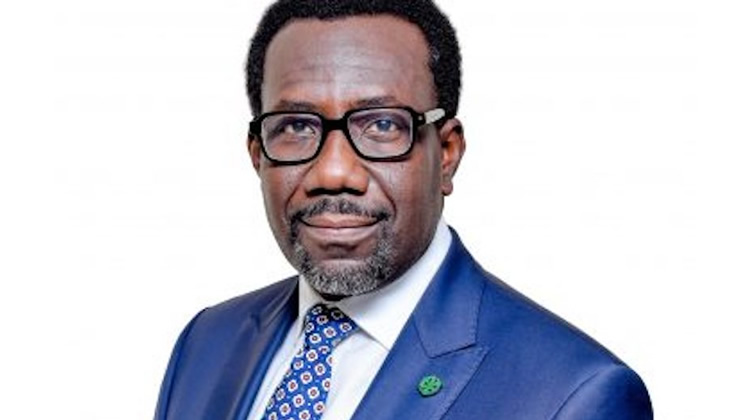The Nigerian insurance landscape is undergoing a significant transformation, marked by a substantial increase in the number of citizens covered under compulsory insurance schemes. This positive development stems from intensified enforcement efforts spearheaded by the National Insurance Commission (NAICOM) in collaboration with crucial government agencies like the Federal Road Safety Corps (FRSC), the Nigerian Police Force (NPF), and the Federal Fire Service (FFS). These partnerships have proven instrumental in driving compliance with mandatory insurance requirements, extending the protective net of insurance to a wider segment of the Nigerian population and their properties. This represents a crucial step towards strengthening national resilience, particularly in the face of economic uncertainties.
NAICOM’s enforcement strategy is multifaceted, encompassing digital verification systems, public awareness campaigns, and nationwide field monitoring. This rigorous approach aims to make non-compliance increasingly difficult, ultimately establishing adherence as the industry standard. The Commission emphasizes that compliance is not merely a regulatory obligation, but a social imperative, highlighting the significant societal benefits of widespread insurance coverage. The increased uptake of insurance policies translates to more individuals, properties, and livelihoods being protected against unforeseen risks, fostering greater financial security and stability. This proactive enforcement, combined with strategic partnerships, underscores NAICOM’s commitment to expanding the reach and impact of insurance across the country.
The Commissioner for Insurance, Segun Omosehin, underscores the transformative power of collaborative enforcement, highlighting the positive impact of partnerships with government agencies in expanding insurance coverage. He stresses that the enforcement of compulsory insurance isn’t simply a regulatory function, but a vital societal obligation. The growing number of insured Nigerians and properties signifies a positive trend, bolstering national resilience in the face of economic headwinds. Omosehin emphasizes the need to sustain and amplify this momentum, building a culture of insurance compliance through various strategies. He believes that this collective effort is crucial for navigating uncertainties and ensuring a secure future.
Looking ahead, NAICOM has identified three key areas of focus for the continued growth and development of the insurance sector. Firstly, innovation for inclusion is paramount. Leveraging technology to extend insurance coverage to underserved populations, including those in rural areas, the informal sector, and young people, is a critical objective. This involves exploring innovative solutions like microinsurance, digital platforms, and designing inclusive insurance products that cater to the specific needs and circumstances of these segments. Secondly, strengthening regulatory and data infrastructure is essential. As insurance penetration increases, robust systems are needed to ensure accountability, enable data-driven decision-making, and protect consumers. Transparency and data integrity are crucial for building trust and maintaining the integrity of the insurance market.
Thirdly, promoting a culture of insurance is fundamental. True penetration goes beyond mere statistics; it requires fostering a societal understanding and appreciation of the value of insurance. Public education and engagement initiatives are vital for dispelling misconceptions and highlighting the role of insurance as a tool for financial stability and a safety net against unforeseen circumstances. By emphasizing the benefits of insurance, NAICOM aims to shift perceptions from viewing it as a burden to recognizing it as a pathway to resilience and long-term security.
In conclusion, the Nigerian insurance sector is on a path of positive transformation, driven by proactive enforcement, strategic partnerships, and a focus on innovation and inclusion. The increased uptake of compulsory insurance schemes signifies progress toward a more resilient nation, better equipped to navigate economic uncertainties and protect its citizens from unforeseen risks. NAICOM’s commitment to strengthening regulatory frameworks, leveraging technology, and fostering a culture of insurance lays the foundation for continued growth and development, ensuring that the protective umbrella of insurance extends to all segments of Nigerian society. This collaborative effort, involving government agencies, insurance operators, and the public, is crucial for building a more secure and resilient future for the nation.














